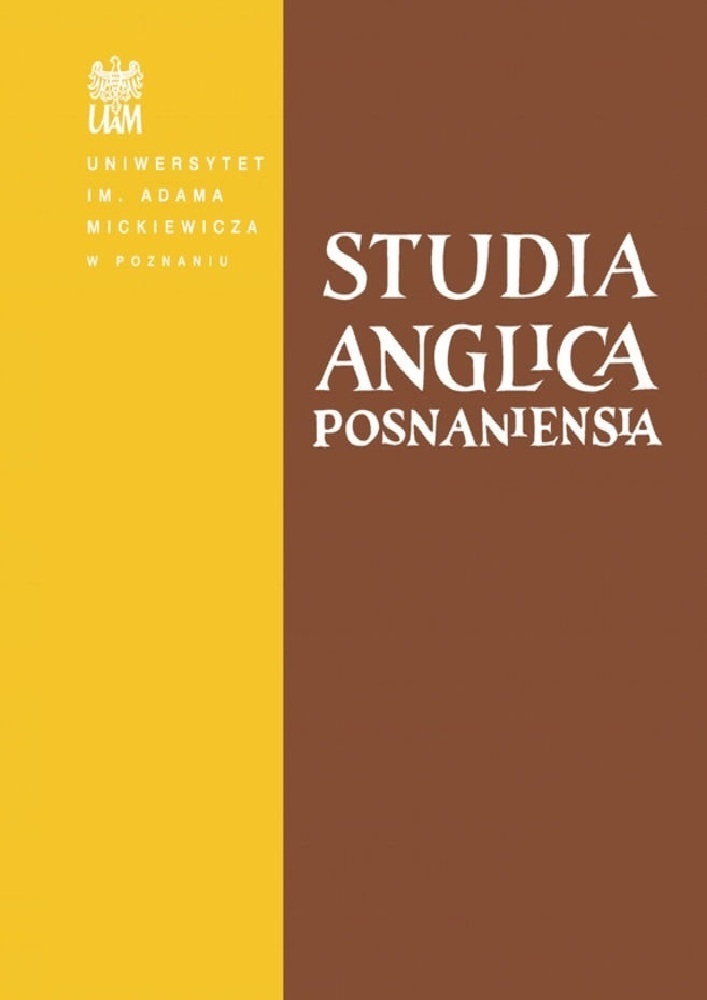Abstract
This sombre ending is perhaps what Todorov would term “the realization of an order always preordained,” but it would be a mistake to dismiss it as merely the inevitable outcome of yet another southern boy’s unarticulated rage against modernity. Struggling endlessly like the pitfighting dogs his daddy breeds, Joe Lon, entangled in the determinants of his existence, comes to give mimetic shape to a contemporary American identity both utterly strange and jarringly familiar.
References
Crews, Harry. 1983. Harry Crews: An interview. By David Jeffrey and Donald Noble. In David Jeffrey (ed.), A Grit’s triumph: Essays on the works of Harry Crews, 140-151. Port Washington, NY: Associated Faculty Press.
Crews, Harry. 1984. The violence that finds us. Playboy 31(4). 98-99, 186, 188, 190-192.
Crews, Harry. 1993 [1979]. Climbing the tower. Classic Crews: A Harry Crews reader, 437-444. New York: Touchstone.
Crews, Harry. 1998 [1976]. A feast of snakes. New York: Scribner.
Crews, Harry. 2001. An interview with Harry Crews. By Erik Bledsoe. In Eric Bledsoe (ed.), Perspectives on Harry Crews, 147-173. Jackson: University of Mississippi Press.
Beatty, Patricia. 1983. Crews’s women. In David Jeffrey (ed.), A Grit’s triumph: Essays on the works of Harry Crews, 112-123. Port Washington, NY: Associated Faculty Press.
Buehrer, David. 1996. Crews’ blues: Manic-depression in A feast of snakes. Journal of Evolutionary Psychology 17(1-2). 37-43.
Civello, Paul. 1994. American literary naturalism and its twentieth-century transformations: Frank Norris, Ernest Hemingway, Don DeLillo. Athens: University of Georgia Press.
Edwards, Tim. 1998. ‘Everthing is eating everthing else’: The naturalistic impulse in Harry Crews’s A feast of snakes. The Southern Quarterly 37(1). 42-53.
Fiedler, Leslie. 1997 [1960]. Love and death in the American novel. Champaign, IL: Dalkey.
Freud, Sigmund. 2001 [1922, 1955]. Medusa’s head. Trans. James Strachey. In James Strachey (ed.), Beyond the pleasure principle, Group psychology, and other works (The standard edition of the Complete psychological works of Sigmund Freud XVIII), 273-274. London: Vintage.
Jeffrey, David. 1986. Murder and mayhem in Crews’s A feast of snakes. Critique: Studies in Contemporary Fiction 28(1). 45-53.
Lake, Elise. 2001. Having a hard time of it: Women in the novels of Harry Crews. In Erik Bledsoe (ed.), Perspectives on Harry Crews 79-93. Jackson: University of Mississippi Press.
Lynskey, Edward. 1987. Violence in hometown America: Harry Crews’s A feast of snakes. Pembroke Magazine 19. 195-200.
McGregory, Jerrilyn. 1998. Harry Crews’s home place: An excursion into Wiregrass Country and the carnivalesque. The Southern Quarterly 37(1). 66-73.
Romine, Scott. 1998. Harry Crews’s away games: Home and sport in A feast of snakes and Body. The Southern Quarterly 37(1). 74-87.
Seelye, John. 1980. Georgia boys: The redclay satyrs of Erskine Caldwell and Harry Crews. Virginia Quarterly Review 56(4). 612-626.
Spikes, Michael. 1993-1995. Victory over sin: Harry Crews’s critique of the phallic ethic in A feast of snakes. University of Mississippi Studies in English 11-12. 411-423.
West, Nathanael. 1997 [1932]. Some notes on violence. In Sacvan Bercovitch (ed.), Novels and other writings, 399-400. New York: Library of America.
